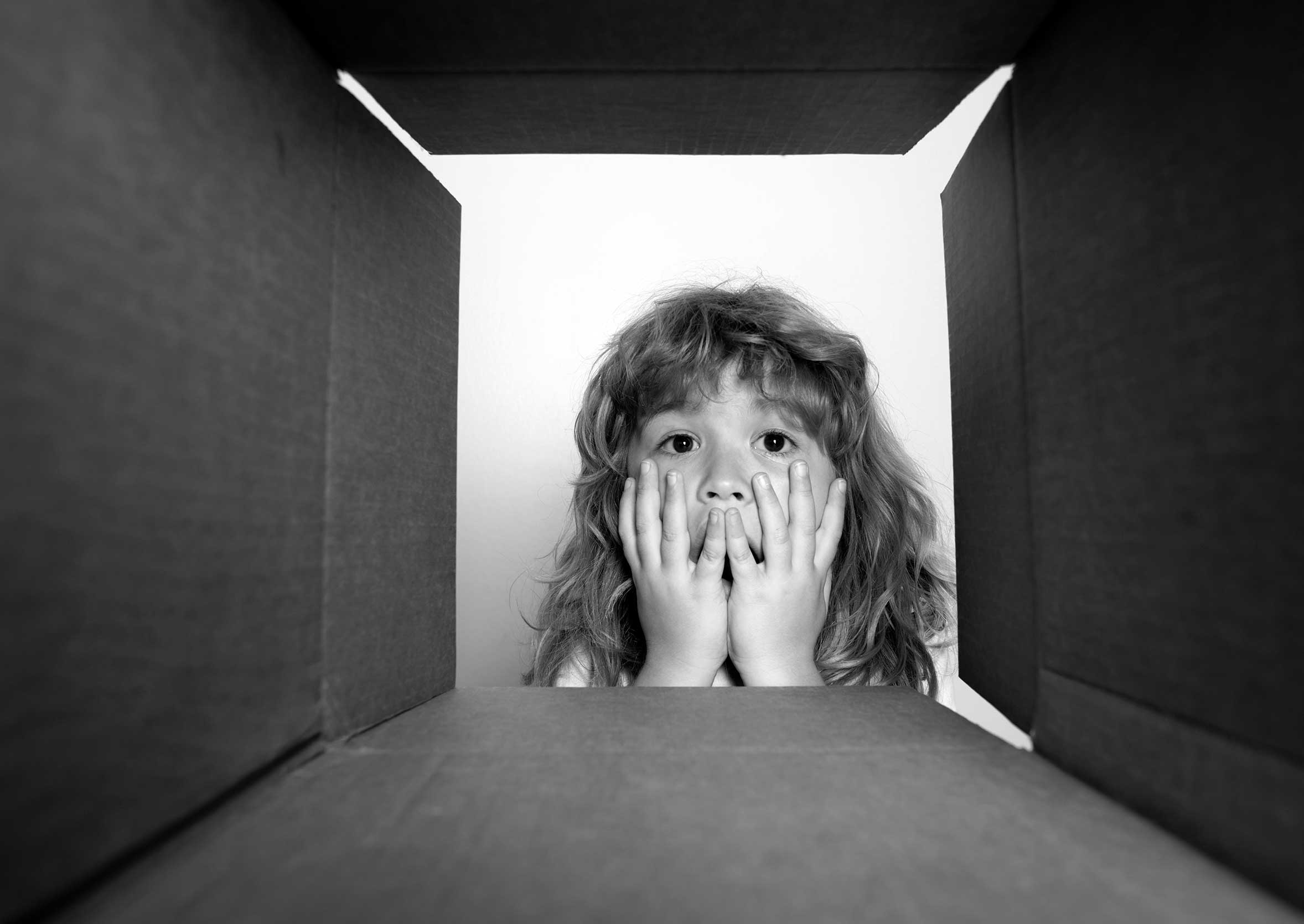Marriage is work. Every relationship requires commitment, but this relationship takes a lot for it to be a stable and safe relationship. I deliberately didn’t say happiness because I believe it is a far more complex emotion than we have understood. Happiness is primarily personal and then derived from relationships, and it changes over time and has no sense of permanency.
Sometimes a marriage reaches a point where staying is as challenging as leaving. Especially the kind of marriage where there is no active major conflict, be it abuse, infidelity, or any issue that needs urgent resolution. But it’s more like the marriage starts floating, and both the husband and wife have withdrawn into their shells with no more fight left in them and are silent witnesses of a dead relationship that has no connection whatsoever. Working with such couples is most challenging as a couple’s therapist, and it’s rare that a couple with both partners withdrawn from the marriage and mostly staying together because of factors like children, finances, or social stigma, will even seek therapy. Even if one of the two desires to fight for the marriage, the relationship has hope for rebuilding. But a marriage filled with silence and a couple being together because of children more than any other reason is a marriage on the ventilator, and one or both parties are scared to pull the plug.
But how does one day in and out be in a relationship that feels lifeless and dead and is sheer conflict management without intimacy, closeness, or connection? It’s exhausting and affects the mental and physical health. It’s a marriage where the husband and wife lead separate lives, and the interaction is rooted in common issues related to children, finances, or social commitments that are required to continue the sham of a marriage and that can maintain the false presenting self of a family.
Why do we do that? Why do we stay in dead relationships? Why do we believe we have no choice but to continue in misery? For many people, kids are a big reason why marriage continues. I see it as an inter-generational cultural phenomenon where the older generations continued for children’s sake. They consciously and unconsciously passed the message to the next generation, and it has been internalised and practiced by many unhappy couples. But the reality is that many children whose parents sacrificed their happiness for the children are unhappy adults and suffer from anxiety and depression, and a lot more regarding their life choices.
I don’t think divorce is straightforward or that parents re-marrying is a conflict-free zone. It’s complicated and messy; no child in this world will happily embrace and accept a parent being with someone else. It will create a rupture in your relationship with your child that may or may not get repaired.
So, what’s the choice? Do we continue in dead relationships, and that is a marriage where you are interdependent on another person you have stopped liking? It doesn’t matter who is to be blamed here because marriage takes two, and both are responsible for an arrangement to work or not work, and blaming each other is a mere distraction from one’s role to play.
So, what do you do when at such a point where staying feels as impossible as leaving? The first step is to accept that something might still be done to recover something from the debris, but one is tired and doesn’t want to look anymore. Coming to that realisation is the first step and the most crucial step. Saying out loud and internalising that ‘my marriage is over.’ If one has reached that point, remember that there will always be a shadow of doubt, even when arriving at this conclusion.
Once we accept that, we need to keep the hope alive for ourselves that no matter how old or long we have been in a marriage, we deserve companionship, love, and, more importantly, another chance. We need to accept that our children will grow up and change, and our relationship, like any other one, cannot be the same when our baby had looked up to us with love and trust.
Take one step at a time. Hope. Plan. Move. One day, another chance at life may arrive at your doorstep.

